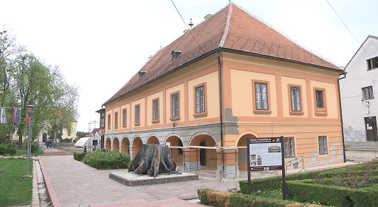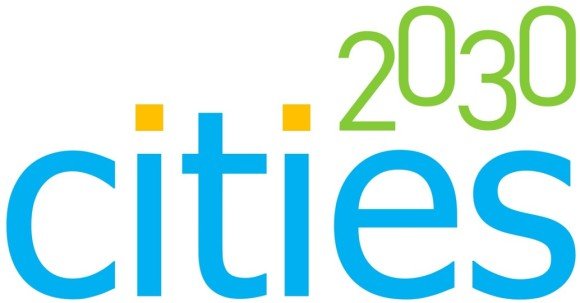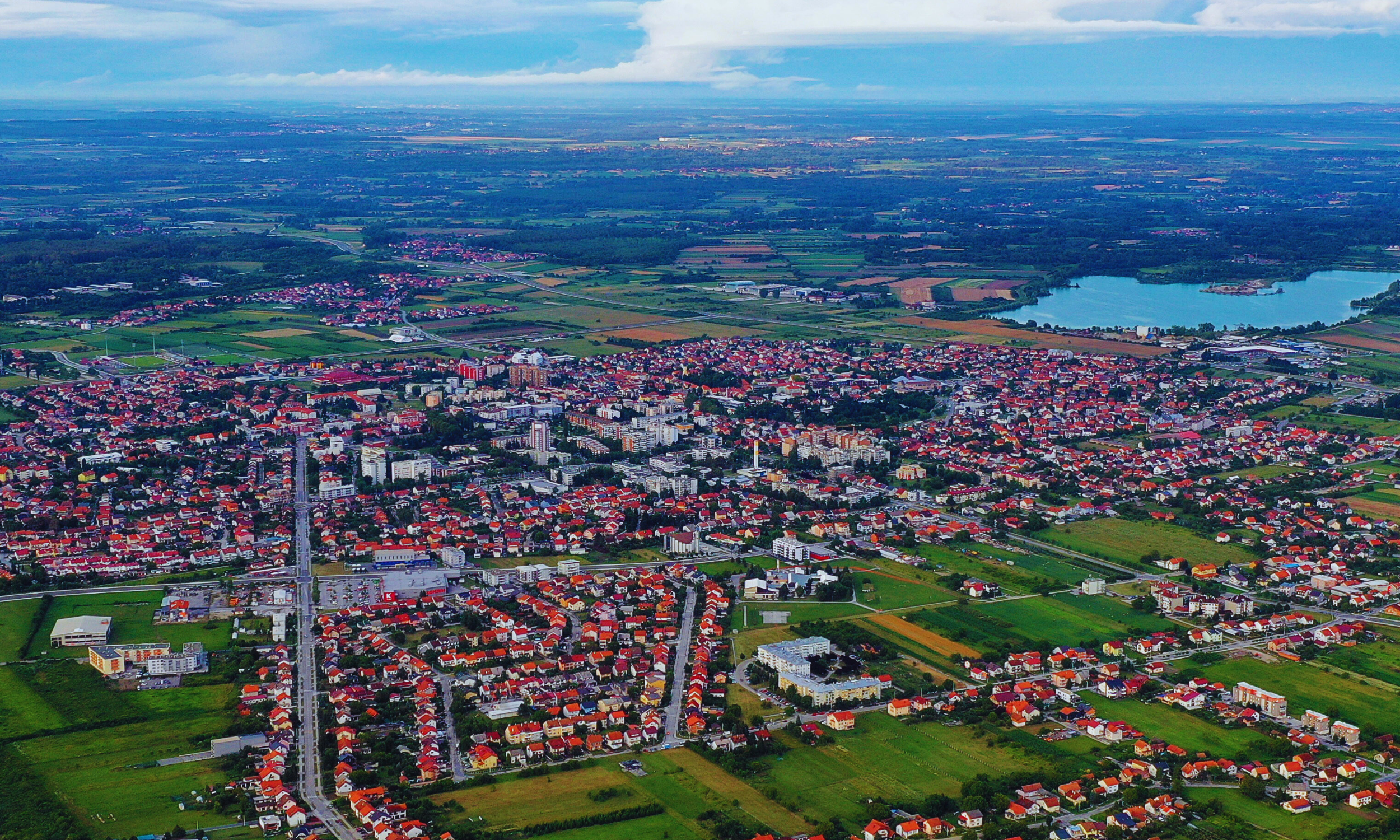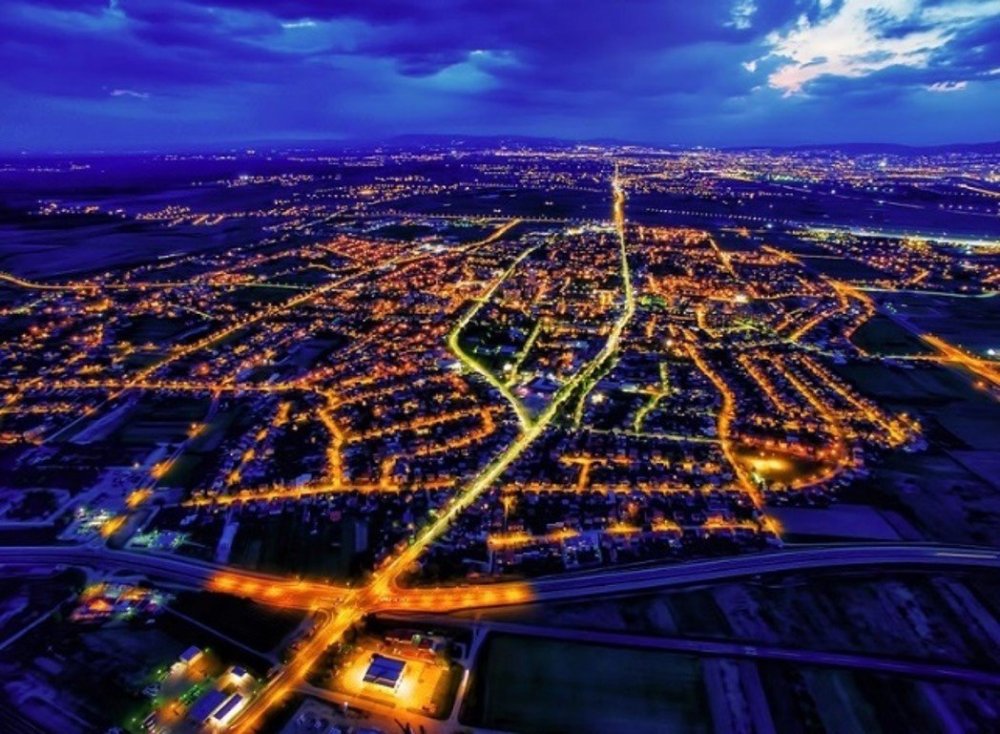Living: Innovation action plan
1. CRFS Vision 2030 and challenge statements
CRFS 2030 vision: Our vision is to develop an efficient nutrition system for Velika Gorica city and Zagreb county based on connecting consumers, strategic partners, civil society participants (existing and start-up companies), innovators, and leading universities.

Challenges: The challenge we are facing is in connecting stakeholders and creating a functional CRFS and ecosystem in which all actors can define their needs and possibilities; this can bring joint effort in creating a CRFS that has a more self-sustaining food supply system. The main issue we have identified is the non-existence of any cooperation between 10 stakeholder groups defined by Cities2030.
2. Collaboration with stakeholders
The main “stakeholder pool”, in which LL nourishes multi-actor, participatory, open, gendered, and responsible innovation activities, is called 2nd core team. It was assembled in July 2022 and consists of key players of our CRFS. Once a month this team gathers, presents major challenges, and offers different perspectives and actions to be delivered as a response to CRFS’s shortcomings.
These discussions are done in a manner where every speaker, their perceptions, and propositions are accounted for but at the same time, revised by different perspectives to test if the proposed solution stands. In the future work of this team, we expect to pool in more key stakeholders, which can contribute to LL objectives.
3. Living Lab resources
For the last 20 months, 2 partners (P8 and P9 make the so-called 1st core team) had weekly meetings and continue to have them. 4 people are actively engaged and considered the main resource of LL Velika Gorica. Other resources, such as venues for meetings and presentations for stakeholders, are provided by P8 and bigger venues will be rented, which is already budgeted in costs of both partners. Noting that, depending on activities, possible small investments outside the Cities2030 grant are to be expected from Zagreb County.
Other resources needed for LL are external experts, which will provide capacity building for selected stakeholders (primarily food producers and consumers/citizens) through workshops and other forms of informal education. The innovation facilitator is internal (P8) and she acts as a scanner for good examples and suggests it to the rest of the 1st core team every week, and then it is discussed if the topic can be used for our CRFS improvement.
4. Living Lab experiments
1. Discovering an interest in a new website, which aims to connect consumers and producers:
We are testing the interests and need of producers and consumers for a website that would be a central point of connecting those two groups of our local CRFS. Objectives are, 1) to find out if there is an interest and need for creating a website on which consumers can discover, locate, and contact local producers, and, 2) if there is a need and interest for local food producers to provide such information and to test what type of information would be useful for them (e.g. public tenders). In later stages, we would like to test if there is a need for a real virtual market.
This experiment contributes to Cities2030’s key objectives “Enhance circularity and local food belts” and is associated with Cities2030’s 2 thematic working groups: production and consumption.
The first hypothesis is that producers are interested in new channels of sale. The second hypothesis is that consumers are interested in buying local food instead of buying any food in traditional places. The monitoring system consists of processed data gathered from questionnaires and will be used as the main input for making decisions to go with building a website (and how) or not.
Timeframe for the experiment cycle: Ideation – 10/2022; Building – 10/2022 to 12/2022; Monitoring – 1/2023; Learning – 1/2023.
2. Zagreb County ECO school scheme
We are testing the interest of schools in participating in the ECO school scheme. The selected school should be a participant in both the national and ECO school schemes to determine the organizational differences and benefits of the regional school scheme compared to the national school scheme. The first objective is to determine if the procedure of buying food can be simplified for the school’s administrators. The second goal is to determine if food suppliers are willing to be a part of the regional school scheme.
This experiment contributes to Cities2030’s key objective “Secure healthy and sustainable food“ and associates with Cities2030’s 3 thematic working groups: production, consumption, and ecosystem services.
The hypothesis is that, if a County takes over the schools’ scheme financing, organizing, and monitoring, this institutionalized model of providing healthy foods to young citizens can be improved. Target groups are representatives of Zagreb County and City Velika Gorica representatives, kids and administrative staff of one Velika Gorica elementary school, and local organic food producers. We will monitor data from questionnaires and find out the differences (pros and cons) between the standard national schools scheme and the regional ECO schools scheme.
Timeframe: Ideation – from 01/2023; Building – 02/2023 to 04/2023, Monitoring – 05/2023 and Learning – 05/2023.
3. Possibilities of connecting food donors and organizations for distributing food to socially vulnerable groups
This experiment is about testing if lab activities can influence better social sensitivity of potential food donors and about connecting food donors with organizations that collect and distribute food to socially vulnerable groups.
This experiment contributes to Cities2030’s key objective “Stop food poverty and insecurity” and is associated with Cities2030’s 6 thematic working groups: markets, consumption, waste, security, ecosystem services, and inclusion/equity. The question of the study is: is it possible to create a social supermarket in Velika Gorica.
We hypothesize that if all stakeholders are interested, there’s a chance of creating such a service. We assume that there will be enough donations that keep the system running. The target groups are citizens, local food stores as donors, and local NGOs. The monitoring system will measure the increase in the number of donors compared to the initial state and/or the amount of donated food and/or the number of beneficiaries.
Timeframe: Ideation – 11/2022; Building – 12/2022 to 1/2023; Monitoring – from 1/2023; Learning – to 2/2023.
4. Strengthening the role of citizens in the city’s food system through institutionalized linking of production and consumption
This experiment is about finding out what citizens know about CRFS, their preferences toward locally grown food, and if they are willing to be the actors of our CRFS by introducing them to CSA examples. Educational activities will be held at gastro events organized by the city of Velika Gorica.
This experiment contributes to Cities2030’s key objective “Develop food culture and skills” and is associated with Cities2030’s 6 thematic working groups: production, consumption, security, ecosystem services, and livelihood/growth. Study questions - 1) are citizens informed of the state of our CRFS and 2) are they interested in being more involved in CRFS development?
The hypothesis is that the optimal way of including citizens in CRFS is by nudging them into being active in community-supported agriculture activities formed by LL. The monitoring system consists of processed data gathered from questionnaires and will be used as the main input for creating the content of education.
Timeframe: Ideation – 10/2022; Building – 11/2022; Monitoring – 11/2022, Learning – 12/2022.
5. Rural lab for producers
This experiment asks if local food producers can be empowered by providing them with tailored educational courses. The target group of the experiment is local food producers for which we will provide education that can build their internal capacities. The goal is to have a minimum of 10 participants per module which will be prepared by an expert. Topics will cover themes on entrepreneurship, marketing, accounting, planning, and collaboration.
This experiment contributes to Cities2030’s key objectives to Secure healthy and sustainable food and Develop food culture and skills and is associated with 3 of Cities2030’s thematic working groups: production, ecosystem services, and livelihood/growth.
Timeframe: Ideation – 12/2022; Building – 02/2023 and 3/2023; Monitoring – 3/2023; Learning – 3/2023.
5. Other Living Lab's actions
Establishing a supply chain monitoring system; Short value chains and locally produced food – how can the city/region/country procurement be a lever for more consumption of local food; Connecting food producers by showing them the benefits of collaboration; Creating a plan for self-sustainability associated with the plan/strategy of Velika Gorica city and Zagreb county’s policies and goals; Creating an environment and delivering know-how to particular stakeholders which can produce food for themselves.
To promote the richness of local food products and traditional food heritage, a local NGO (KUD ČIČE NOVO ČIČE) from Velika Gorica organized a food event called VG Gastro. At this event, Cities2030 partner 9 has been invited to promote its products (fruit, juices...). The idea was in line with the Croatian consortium which focuses on establishing CRFS by having close relations with its stakeholders and promoting the importance of supporting local food producers. This action was an attempt to test what local citizens think of the importance of local food products for CRFS, but also of its taste (to test if it is superior), the emotional relation to local food heritage, and their willingness to be active participants of CRFS.
More than 50 people participants in the event.
6. SMART Goals
| Indicator | Now | Goal |
| Design and conduct a survey that will include 20 producers and 30 consumers to find out their interest in creating a website. | 0 interviewed producers; 0 interviewed citizens | 20 interviewed producers; 30 interviewed citizens by the end 01/2023 |
| Verification of the local organization of the school scheme in which local and ECO agricultural producers will be involved - at least one school and one kindergarten included in the pilot project and at least 50 children/students. | 0 schools; 0 kids | 1 school; 50 kids by end of 05/2023 |
| Measuring the increase in the number of donors compared to the initial state and/or the amount of donated food and/or the number of beneficiaries. | 0 donators; 0 portions of food; 0 users of social supermarket | 1 donator; 2 portions of food; 2 users of the social supermarket by end 02/2023 |
| Survey a minimum 30 citizens on knowledge of the food system, test their interest in lectures on "community-supported agriculture", and monitor the number of presenters before/after lectures. | 0 interviewed citizens, 0 lectures held, 0 food presenters | 30 interviewed citizens; 1 lecture held; 1 food presenter by end of 12/2022 |
| Organization of 5 entrepreneurial modules for local entrepreneurs. The goal is to have a minimum of 10 participants per module. | 0 modules held; 0 educated entrepreneurs | 5 modules held; 50 educated entrepreneurs by the end 3/2023 |
7. Communication, dissemination, and exploitation
Living Lab has a few channels, which are used for communicating LL activities/experiments and dissemination of the project. Those are the webpages of partners, the webpage of the city of Velika Gorica, local news portals (2-3 portals), and physical materials that are shared (roller banners, A4 flyers, promo material). In some cases, A3 posters will be used as well. There is a Facebook page in preparation as well.
8. Continuity- and scale-up measures
It is very important to emphasize that this action plan develops activities for the next 8 months. This is a piloting phase in which we want to confirm some major assumptions and learn from these experiments. When this phase is over, all LL activities will be fine-tuned. To support continuity, we expect Zagreb County to open a clinic for rural development.
9. Risk assessment
A major risk we anticipate could happen is the low level of response from our citizens. Although that probability and severity are medium, we will answer that by personally contacting stakeholders if possible, gathering input from them by interview.
Another risk is getting information on activities to food producers via digital media. The severity of this risk is medium-like probability. If we see only a few producers show up to the educational courses, we plan to make a campaign with printed materials which will be carried out in rural areas.


.cropped.png.3c9b75e90e46d6b6d76b5d4641d2fa7a.png)
